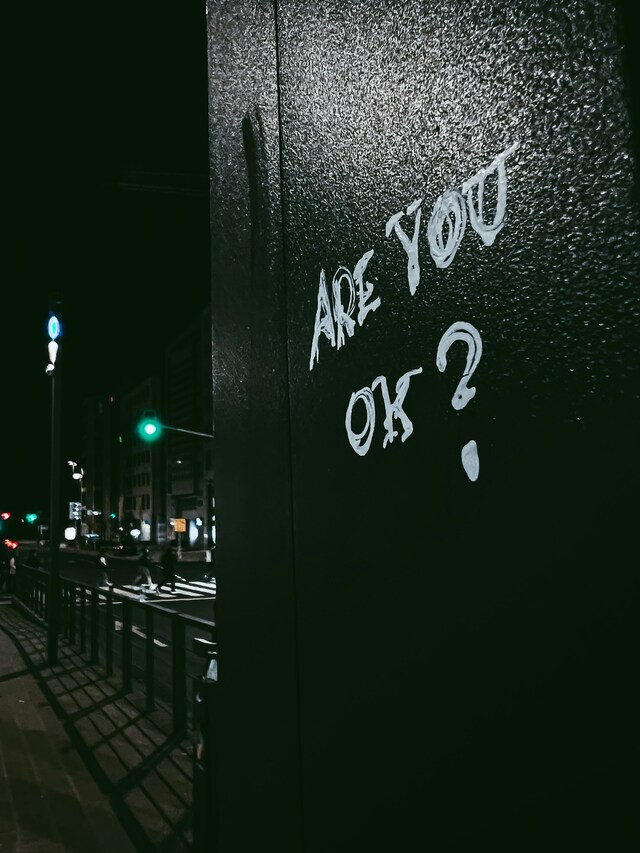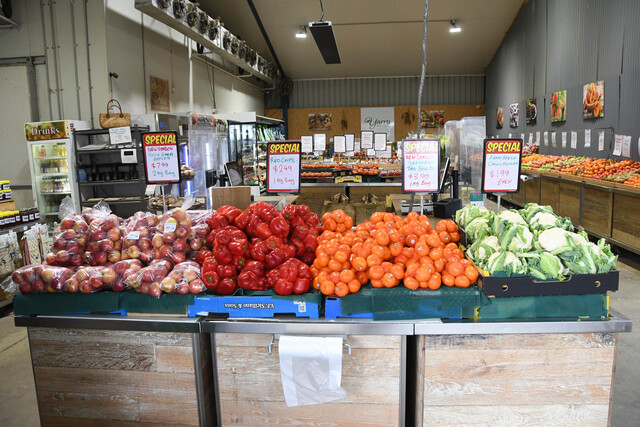This year’s R U OK? Day is on Thursday 14 September.
The slogan “R U OK?” stands for “Are you okay?” and advocates for people to have conversations with others.
It addresses social isolation and promotes community cohesiveness.
A non-profit organisation, R U OK? was founded by advertiser Gavin Larkin in 2009, after losing his father to suicide.
When Larkin experienced depression and became concerned about his own mental health, he decided to create a national day of action for suicide prevention.
In 2011, Larkin told the ABC TV’s Australian Story that “the message of R U OK? is [to] stop a little problem from turning into a big one, because that’s your best chance of avoiding the ultimate disaster”.
Sadly, Larkin later died of cancer at the age of 42. He said of his life: “There’s a tonne of things I’m not proud of in my life. And I’m really glad that, before it was too late, I really got my act together and learned some lessons about what was important.”
R U OK? Day is all about communication, which can positively impact on people’s mental state.
The campaign’s message is “a conversation can change a life”. In Larkin’s words: “Getting connected and staying connected is the best thing anyone can do for themselves and for those who may be at risk.”
According to the Australian Bureau of Statistics, in 2020, 3139 deaths were due to suicide, including 2384 males and 755 females.
In 2021, 3144 deaths were due to suicide, including 2358 males and 786 females.
These numbers indicate that in Australia, deaths from suicide occur among males at a rate three times greater than that for females (20.1 deaths versus 6.3 deaths per 100000 people).
Worse, not only are those living in rural and regional areas at a higher risk of committing suicide, but suicide rates among Aboriginal and Torres Strait Islander people are among the highest in the world.
Specifically, data from the Australian Institute for Suicide Research and Prevention show that 48 per cent of all suicides in 2000 were by people aged 35-64, with an additional 13 per cent by those aged 65 and more.
Particularly alarming is the estimation that suicide rates for children under the age of 15 has increased by 92 per cent between the 60s and the 90s.
If you feel that someone you know or care about is not acting like they normally would, then asking “Are you okay?” is a good start.
A more important step is to actively listen to that person and engage with what they are going through.
The crucial part of the process is to continue checking in with that person, helping them to feel supported and connected in a meaningful way.
Let us remember these words from American author Leo Buscaglia: “Too often we underestimate the power of a touch, a smile, a kind word, a listening ear, an honest compliment, or the smallest act of caring, all of which have the potential to turn a life around.”







